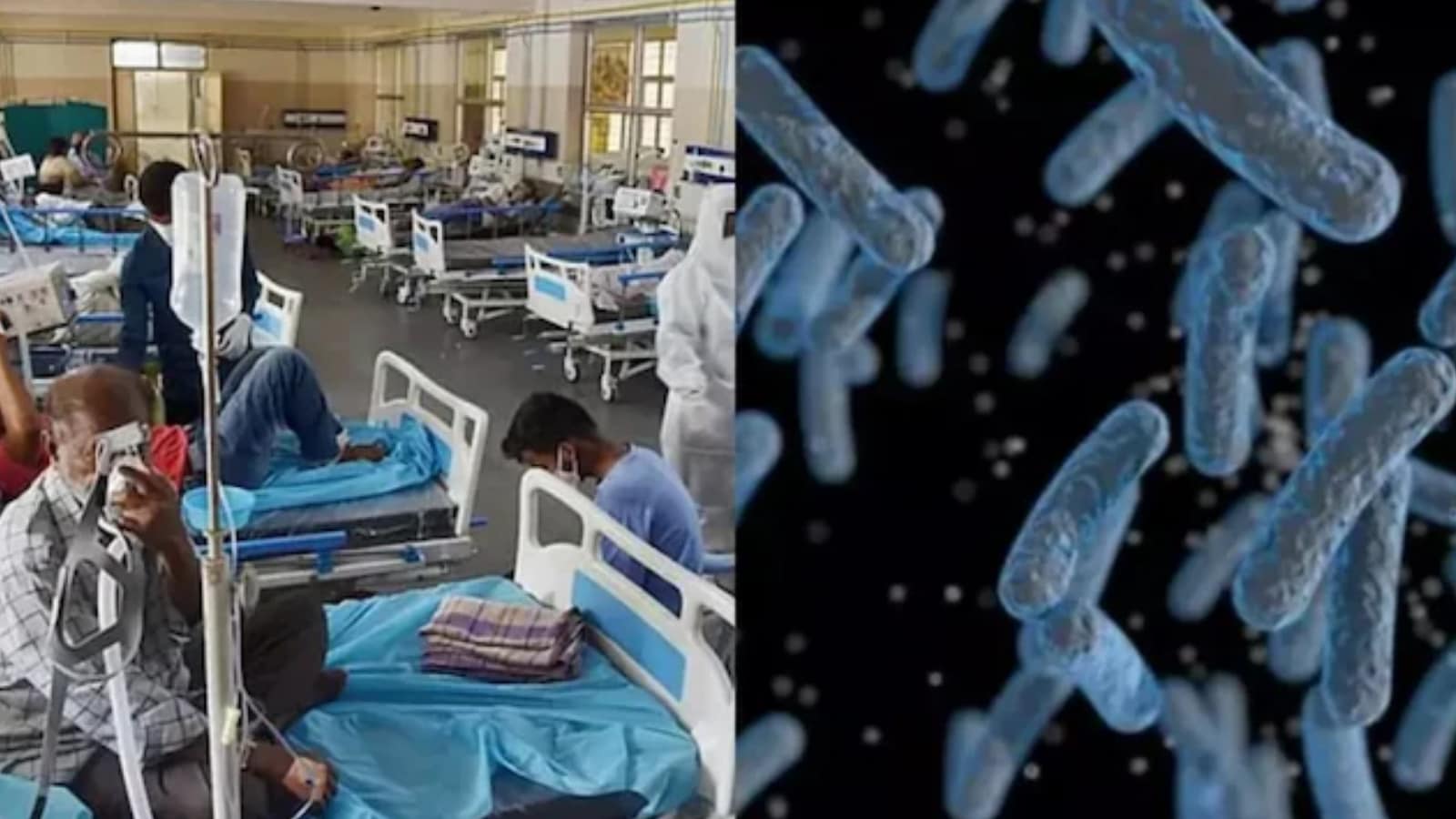By News18,Parishmita Saikia
Copyright news18

A dangerous bacterial infection known as melioidosis has emerged in Madhya Pradesh, with over 130 confirmed cases so far. While the disease has primarily affected rural farmers, cases are now also being reported in urban areas, raising serious public health concerns.
Caused by the bacterium Burkholderia pseudomallei, which lives in soil and contaminated water, melioidosis can be fatal if not treated promptly. It typically spreads through cuts, wounds, or inhalation, especially affecting those who come into contact with muddy or wet soil, such as farmers working in the fields.
The infection can target various organs, including the lungs, skin, and, in severe cases, the brain. Symptoms closely resemble tuberculosis, which often leads to delayed or incorrect diagnosis.
According to Dr Ayush Gupta, Assistant Professor in the Department of Microbiology at AIIMS Bhopal, the disease is no longer confined to villages. It is now spreading rapidly through urban populations as well.
Who Is Most At Risk?
People with diabetes, weakened immune systems, or those who consume alcohol excessively are particularly vulnerable. The initial signs may appear as mild fever, but the condition can rapidly worsen to include lung infections, skin lesions, and neurological symptoms.
Symptoms To Watch For
Persistent fever
Painful skin eruptions or ulcers
Cough or difficulty breathing
Confusion or neurological symptoms in advanced cases
Because the early symptoms mimic other illnesses, early detection and awareness are key.
Precautionary Measures
Always wear protective clothing (gloves, boots) while working in soil or water.
Diabetics should be extra cautious and maintain proper blood sugar control.
Avoid direct contact with muddy water or untreated soil.
Maintain strict personal hygiene.
If symptoms arise, seek immediate medical attention and request a test for melioidosis.
Health authorities are urging the public to stay alert, especially in the 20+ districts where cases have already been reported. As the disease becomes endemic in Madhya Pradesh, awareness, prevention, and timely treatment are vital to stopping its spread.



